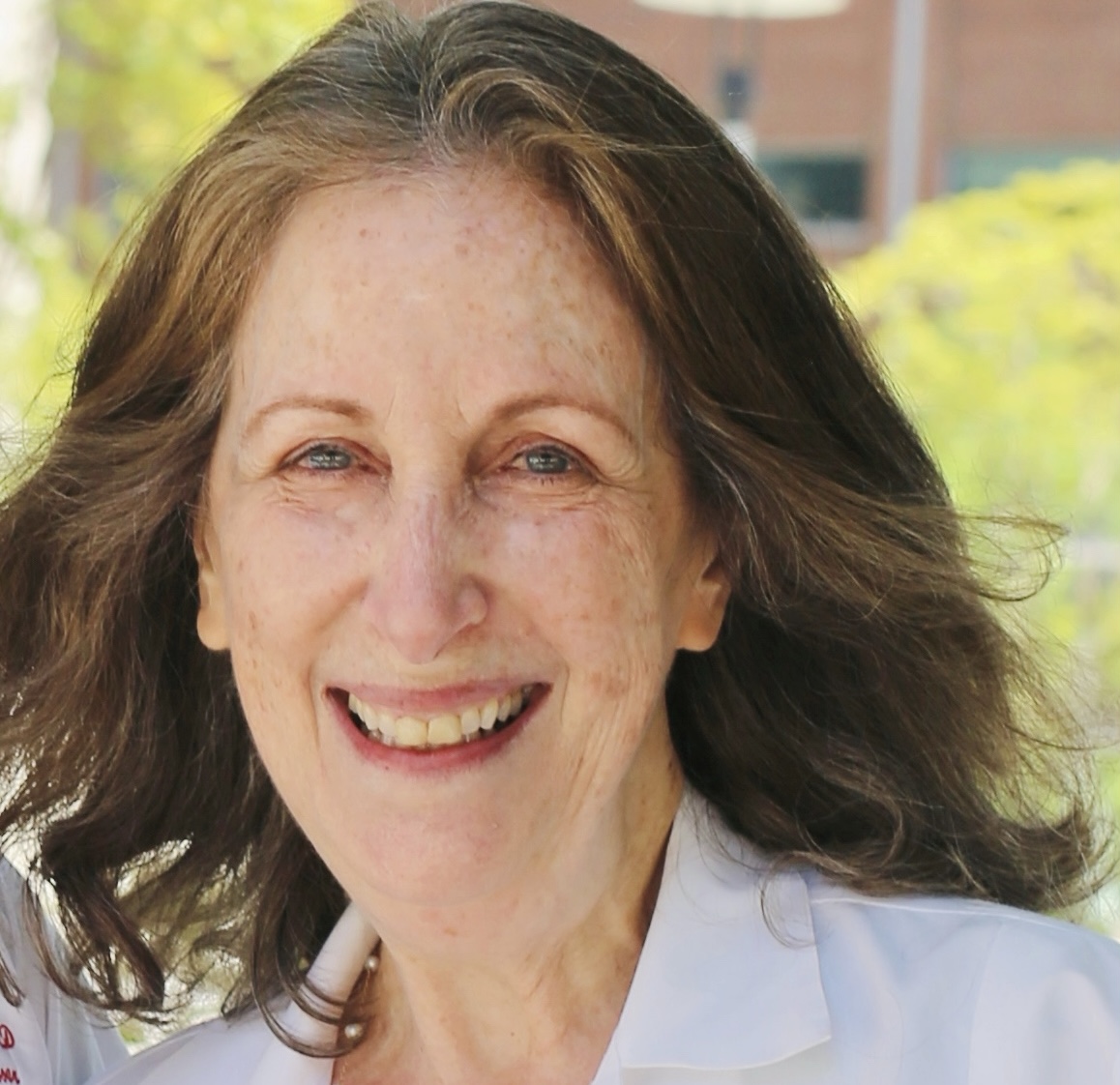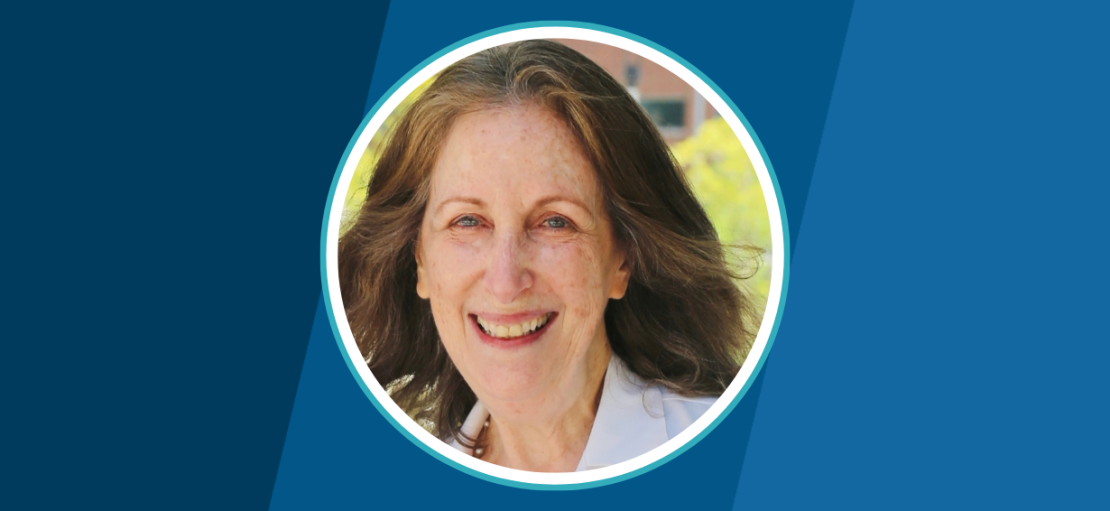
When Susan Wolfsthal, MD, decided to leave her position of 32 years as Program Director of the University of Maryland Internal Medicine Residency Program for a part-time position teaching and mentoring, she worried her diagnostic skills and knowledge may have gotten rusty.
A meticulous educator—she was the 2025 Association of Program Directors in Internal Medicine (APDIM) Dema C. Daley Founders Award winner, which honors a member of the internal medicine community recognized nationally as an educator, innovator and leader—she knew she would spend more time with students and residents in a clinical setting and wanted to affirm that her skills were still up to date.
“I did not want to put myself through the stress and anxiety of a full-day exam, but wanted to prove to myself that my medical knowledge was up to date and that I would provide the best possible experience for my learners,” she said.
She talked to a colleague who was participating in the Longitudinal Knowledge Assessment (LKA®) and liked what she heard, especially that “it is open book, like in real practice, and feedback on questions is immediate.”
She enrolled, began answering questions and loved it. “I found out I know more than I thought and that was a huge relief,” she said. “I actually enjoy doing the questions, it’s kind of addicting. If I don’t know an answer, I can always add more time, look it up and then answer it. It’s not just about answering questions, though; it’s also about learning and I really like that.
“I was very worried the LKA would ask me questions about things I’m not doing right now, but the questions were very relevant and were about things I deal with all the time. With some of the questions I knew the answers immediately. Some I had to look up, but I could find the answer, read about it within the allotted time and get it correct.
“I did learn a little from the provided rationales after I responded to a question, which either reinforced what I knew or, if I got it wrong, I learned something. I think that’s why it is fun, it’s a circle. Take the question, give an answer; then you learn from it and move on to the next one.
“The American Board of Internal Medicine is often thought of as the ‘grand old institution’ and I think the LKA shows there’s an awareness that a learning approach is more helpful. I found that the LKA platform is friendly and approachable. The fact that there are lifelines there is great. For example, you can add a few minutes if you want to research a question more, you can leave questions unopened if ‘life happens’ and other things take priority. It shows an awareness of life events and wellness, and distress the examinee might have, and I think that is wonderful.
“For me, the LKA has allowed me to breathe a sigh of relief,” she said.



